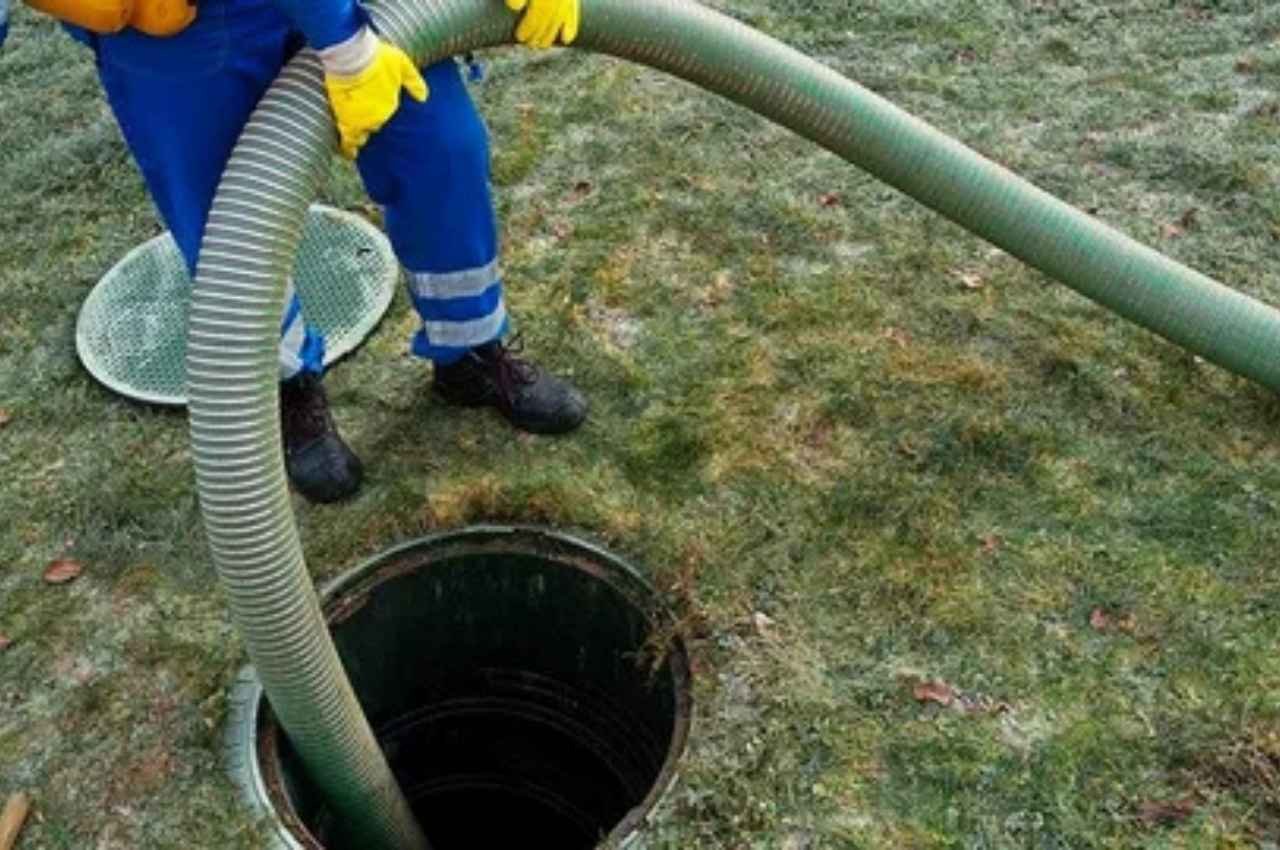Contents
The Basics of Septic Maintenance
Owning a home with a septic system entails crucial responsibilities in preventing costly future expenses. At the heart of these responsibilities is regular septic services, a measure that can optimize the efficiency and longevity of your system. By understanding essential components like tank pumping, inspections, and treatment, homeowners can take proactive steps to deter buildups that result in blockages and eventual system breakdown.
Regular inspections are essential for a home’s well-being, as they help identify potential issues early and prevent costly problems. Regular checks on septic tanks, drain fields, and pipes ensure a thorough and efficient system, ultimately saving homeowners money in the long run.
Extended Lifespan of Your Septic System
Regular maintenance, including septic services, is essential for preserving the longevity of a septic system and avoiding expensive repairs. Routine tasks like tank pumping help prevent the buildup of sludge and scum, ensuring the drain field remains clear, and wastewater is processed efficiently. Consistent upkeep extends the system’s natural lifespan, saving homeowners significant costs. By prioritizing septic services and regular care, homeowners can effectively prevent costly issues and maintain their system’s performance and reliability.
Reducing Emergency Repairs
Emergency repairs are among the most expensive challenges of owning a septic system, often from neglected maintenance. Regular care, including septic tank pumping and routine inspections, dramatically minimizes the risk of sudden, costly system failures. Addressing minor issues during maintenance helps prevent full-scale crises and avoids the hassle of scheduling emergency services. Proactive measures like timely septic tank pumping safeguard against unexpected expenses and ensure long-term system reliability. By prioritizing maintenance, homeowners can achieve substantial savings and avoid the inconvenience of urgent repairs at the worst possible times.
Efficiency and Performance Boost
Regular maintenance of septic systems is crucial for optimal operation, reducing water consumption and utility bills. Regular servicing maintains a balance within the system, efficiently processing waste and conserving water. This aligns with eco-conscious living and contributes to economic and environmental savings. Regular servicing ensures optimal performance and prolongs the system’s functionality, reinforcing the importance of proactive maintenance. Therefore, regular maintenance is essential for maintaining a healthy septic system.
Environmental Benefits
Beyond financial savings, regular septic maintenance is critical in environmental stewardship. Properly maintained systems ensure that the wastewater passing through is adequately treated before it reenters the groundwater. This process significantly reduces the risk of pollutants contaminating the surrounding environment.
Maintaining the function of the septic system is an investment in personal property and the more extensive ecological system it impacts. Homeowners play a vital part in preserving local water quality, ensuring ecosystems remain untainted by household waste. Consistent septic maintenance reflects a commitment to sustainable living practices, protecting your home and the broader environment.
Avoiding Health Hazards
The repercussions of a poorly maintained septic system extend beyond financial concerns, potentially posing severe health risks. Sewage backups, a typical result of neglected septic systems, expose homeowners to harmful bacteria and pathogens that can lead to serious health issues.
Such risks underscore the importance of regular maintenance, which serves as a barrier against these dangerous situations. Homeowners can find security in knowing consistent care minimizes health hazards, ensuring a safe living environment for family and neighbors. Detailed knowledge of system operations is beneficial, as resources explain how your septic system works, which guides homeowners in managing maintenance effectively.
Legal Implications and Compliance
Adhering to local regulations concerning septic system maintenance is not just advisable but often legally required. Many regions impose strict guidelines on septic upkeep to protect public health and the environment. Neglecting these responsibilities can result in fines, legal action, and diminished property values.
By keeping up with regular septic service, homeowners not only ensure compliance with local laws but also contribute to the assurance that their property remains in good standing. Understanding the legal aspects of septic management can help avoid legal ramifications, protecting the investment in their home and its surrounding environment.
The Cost-Efficient Solution
Regular septic service is a cost-effective strategy for managing your home’s septic system. It prevents costly repairs and ensures system performance and longevity. Investing in periodic maintenance balances initial costs against long-term savings, making it a wise financial decision. This foresight preserves functionality and provides the smartest choice for your home and the environment. Regular maintenance is a proactive approach to septic system maintenance.


